Agency says Iran held enough 60% enriched uranium for ten nuclear bombs before June 13 attacks, but monitoring remains frozen.
The International Atomic Energy Agency (IAEA) has raised fresh concerns over Iran’s nuclear program, warning that inspectors have been unable to verify the status of Tehran’s highly enriched uranium since Israel’s June 13 strikes on Iranian nuclear facilities.
According to the agency’s most recent data, Iran had accumulated 440.9 kilograms of uranium enriched to 60 percent in uranium hexafluoride form prior to the attacks. If further refined to 90 percent weapons grade, that amount would be sufficient for roughly ten nuclear warheads, based on the IAEA’s technical threshold.
IAEA Director General Rafael Grossi told Reuters that while the stockpile is “by and large still there,” some material may have been lost, stressing the need for urgent verification. He emphasized that the path from 60 percent to weapons-grade enrichment, while technically less challenging than earlier stages, still demands intact centrifuges, time, and secrecy.
The situation has been further complicated by Iran’s recent legislation suspending automatic cooperation with the IAEA. Under the new law, any future inspections must first be cleared by Iran’s Supreme National Security Council. Talks between the agency and Tehran are ongoing, with Grossi pressing for an agreement within days to restore monitoring.
“It’s not something that can go on for months on end,” Grossi said. “We are trying to have another meeting, perhaps within a few days, to conclude this and to start the inspections.”
He also warned that Israel’s and the United States’ strikes did not eliminate Iran’s ability to manufacture new enrichment centrifuges, underscoring the importance of resuming monthly verification to prevent gaps in oversight.
With the IAEA’s 35-member Board of Governors scheduled to convene next week, Grossi admitted that there has been “no breakthrough” so far but expressed hope that an agreement could be reached before the meeting.
The standoff has heightened international anxiety over Iran’s nuclear ambitions, with experts warning that prolonged monitoring gaps could undermine global efforts to prevent Tehran from reaching weapons capability.

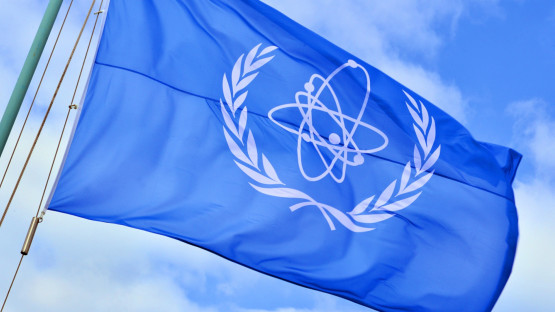


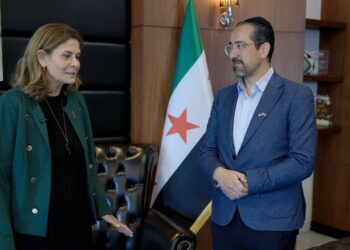

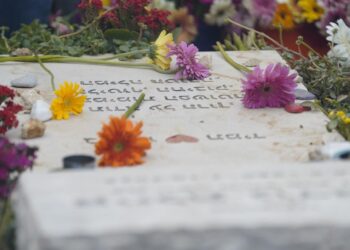

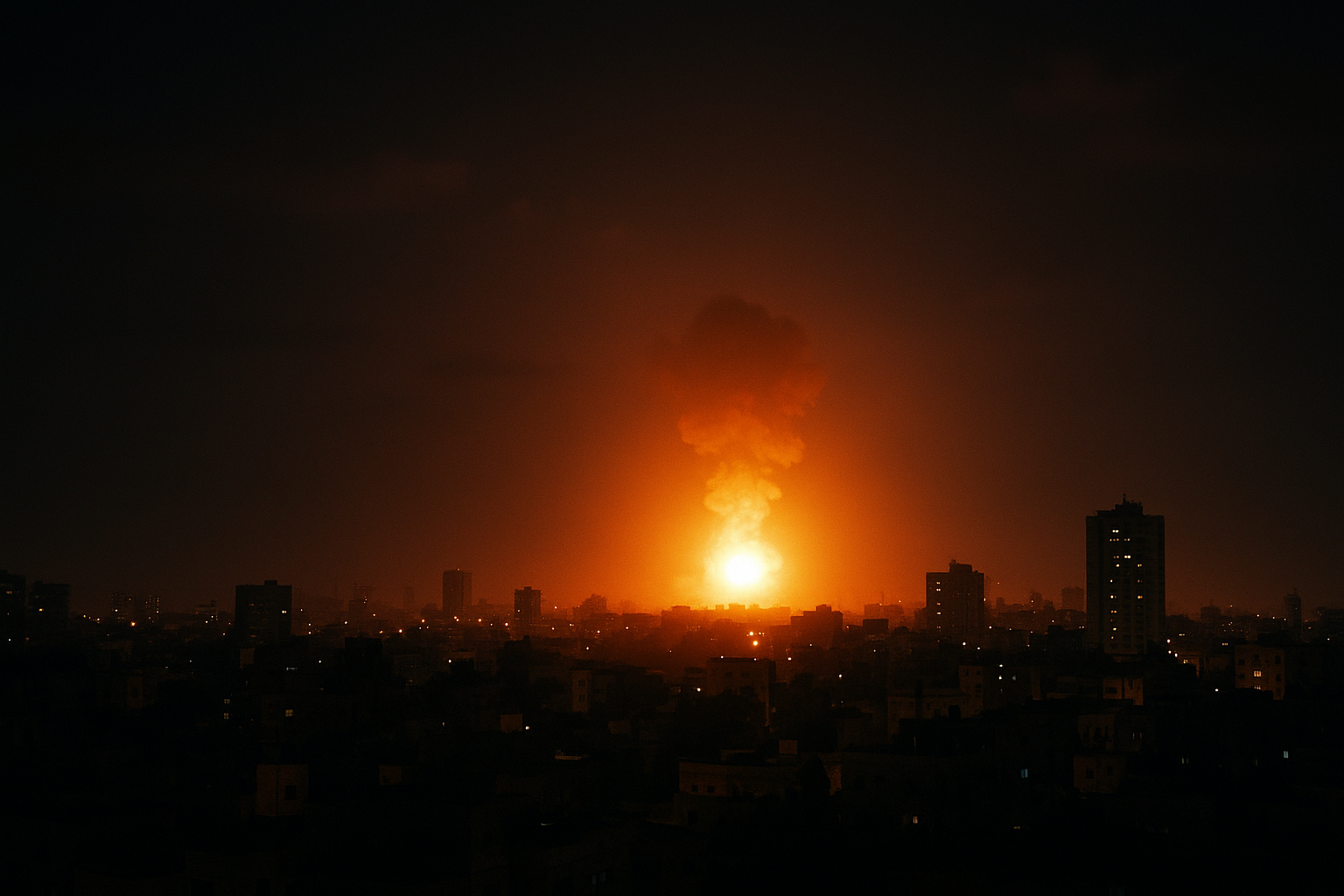













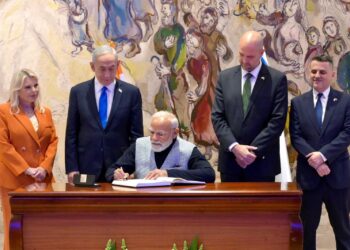

Discussion about this post